:quality(85):upscale()/2023/10/20/623/n/1922564/8dda1584653287719e54e4.54580448_.jpg)
“You could see it so clearly when you had the white model who was always making [a large amount of money] and then you put your Black model in the same job. She got far less money; the white model got more.”
PS: So, after the Black Girls Coalition press room meeting that you organized, did you have any memorable conversations with advertisers after the coverage was everywhere?
BH: See, this was what was so great about that. This was much more focused on the advertising industry, less the modeling industry, less the fashion editorial industry. This was about the advertisers. The advertisers were not reflecting their consumers. And I could speak on that. It could apply to some of the models, because some of the girls really wanted beauty contracts, and they couldn’t get one. So that’s advertising.
[We got data] to indicate to the media there that this was happening, this was a problem, they weren’t reflecting the consumers. You never saw a Black guy or Black girl driving a car [in ads]. In those days, the mid-’90s, you didn’t see any of that.
So it was important that [the Black talent] is not always a housekeeper or domestic because she’s [promoting] Comet or Ajax. And that’s what we had to change.
I look every day at television, I take pride in that. We’ve moved that very well.
PS: You talked a lot in your press conference about one of your issues being that advertisers saw Black women, Black models, as categories. Do you think that still exists today?
BH: No, I don’t think so. When I say category, it means that you say “Oh, the Black model.” Or, “Yeah, we’re not using Black models.” It becomes a category: something that you can move over here, something different than what you have over there. And they’re supposed to be just models. I never sold my models as Black models. I sold my models. You could see they’re Black. I’m not gonna try and tell you that. I’m selling them just like I’m selling my white models.
You could see it so clearly when you had the white model who was always making [a large amount of money] and then you put your Black model in the same job. She got far less money; the white model got more. And you have to try to make sense of it.
The Black model became a category. So then she got eliminated because of it. And they’d say, “Oh, we’re not doing Black models for this season.”
You can view the original article HERE.

:quality(85):upscale()/2024/04/23/768/n/1922283/782961d76627ef4f94f4b3.68894570_.jpg)
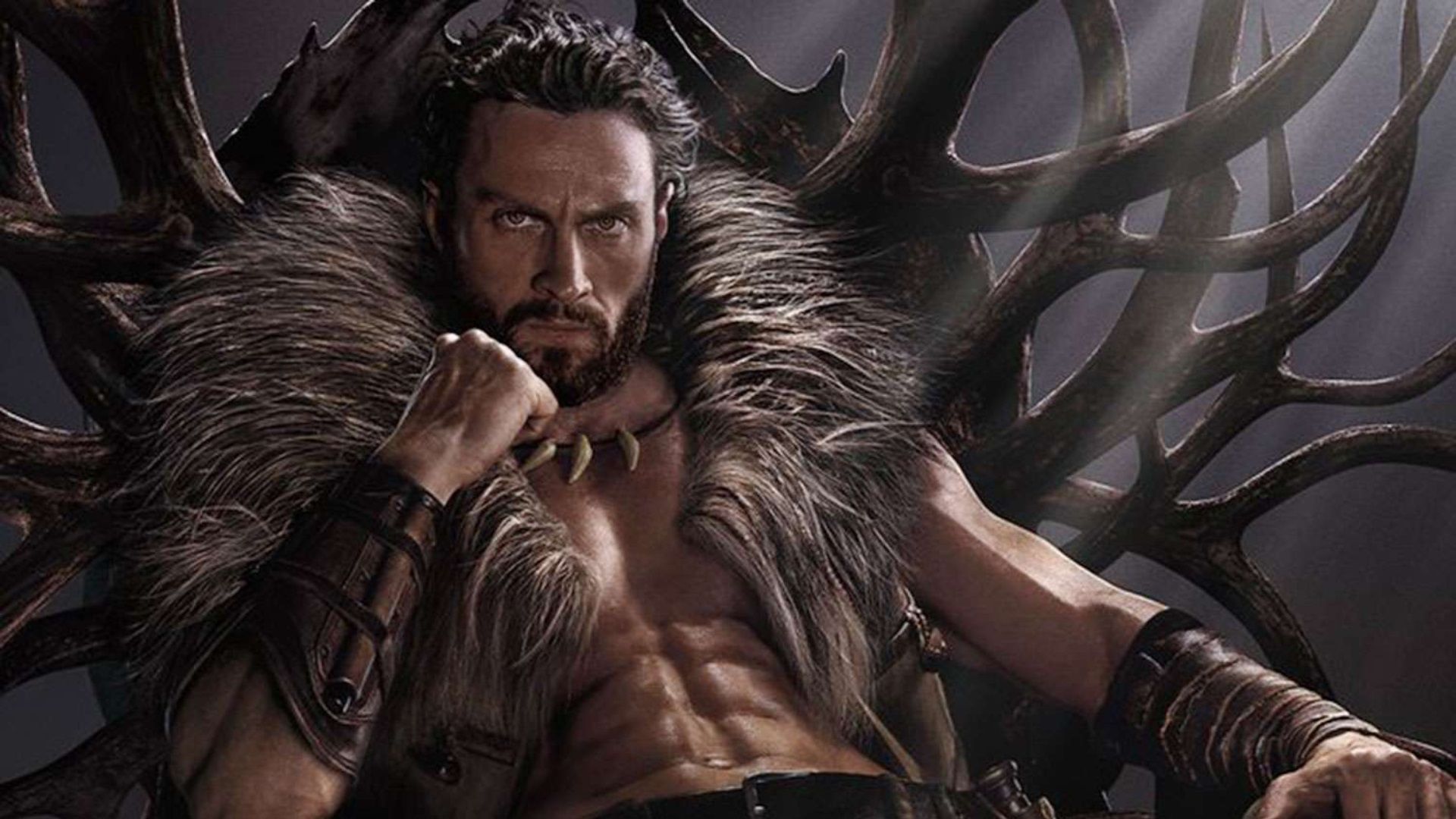
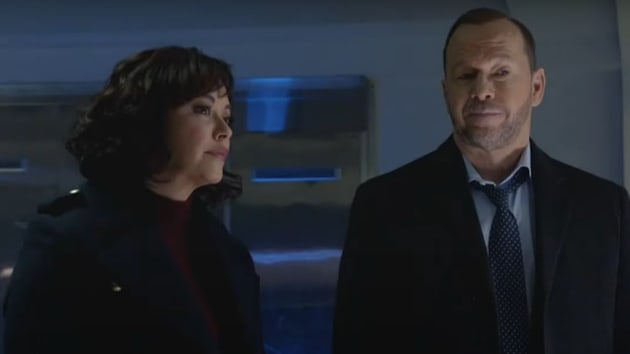

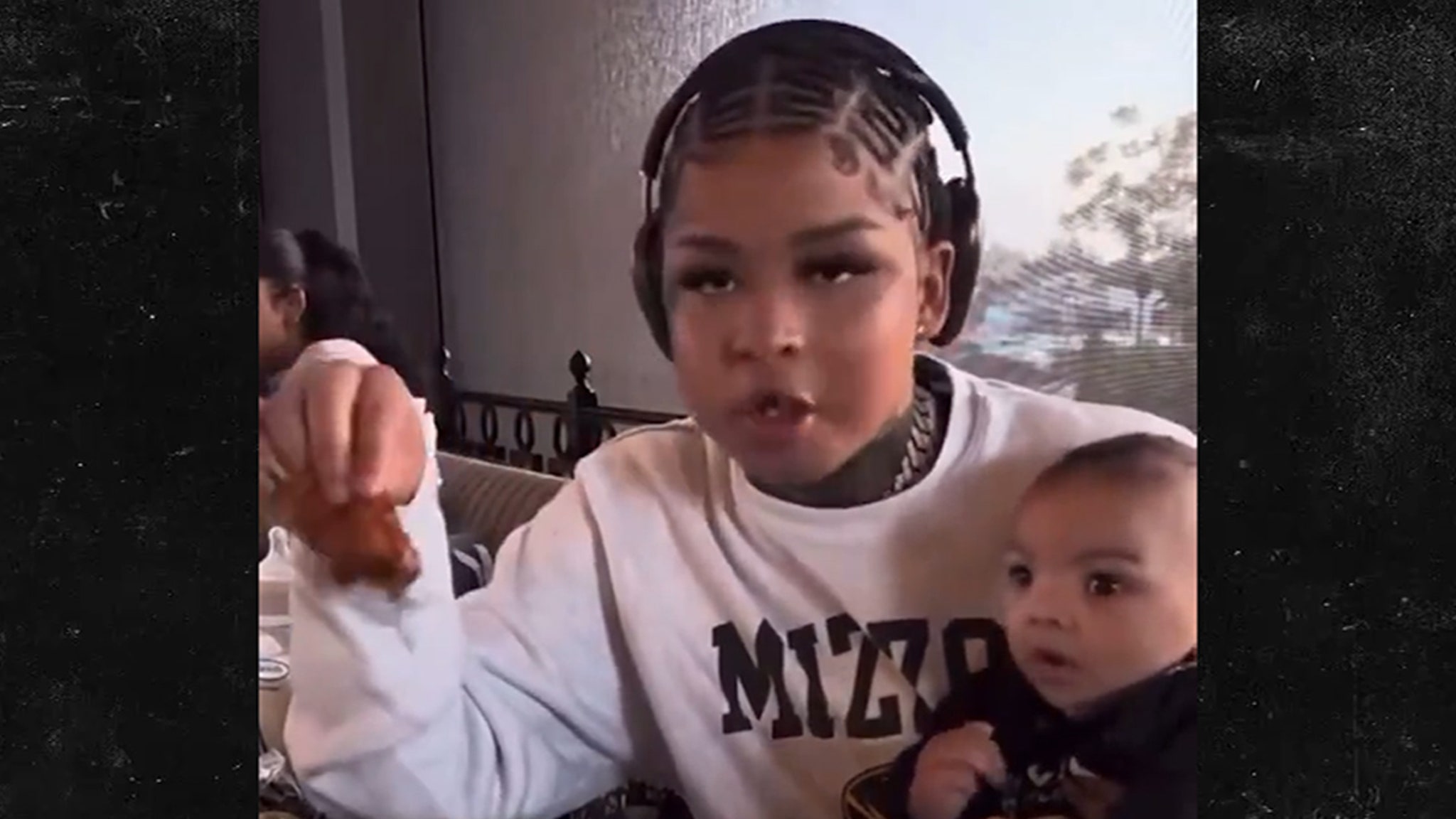
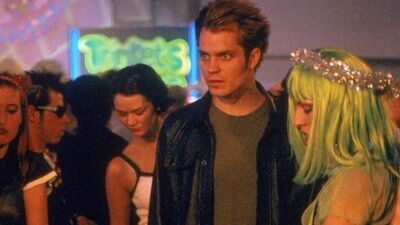
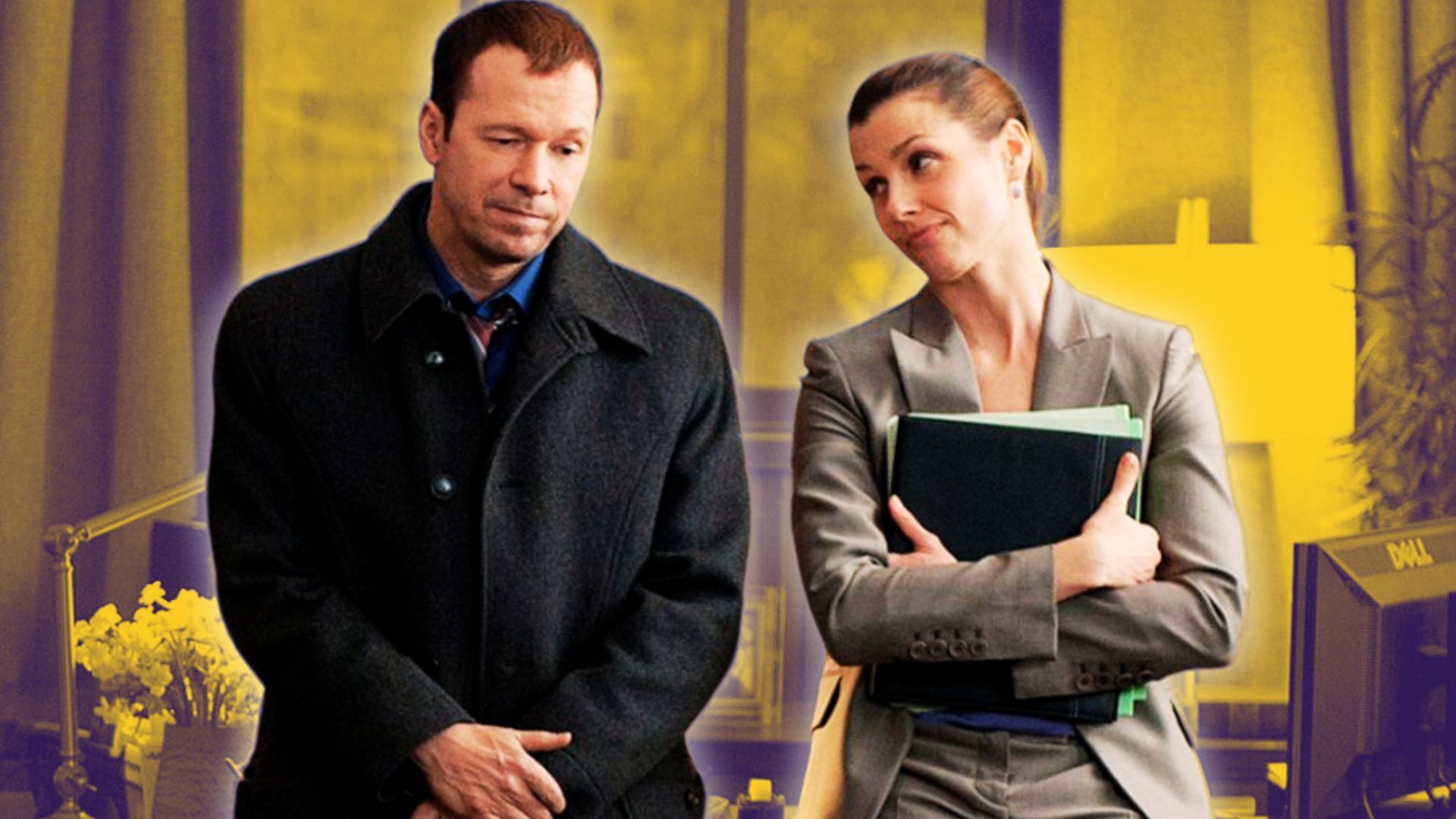

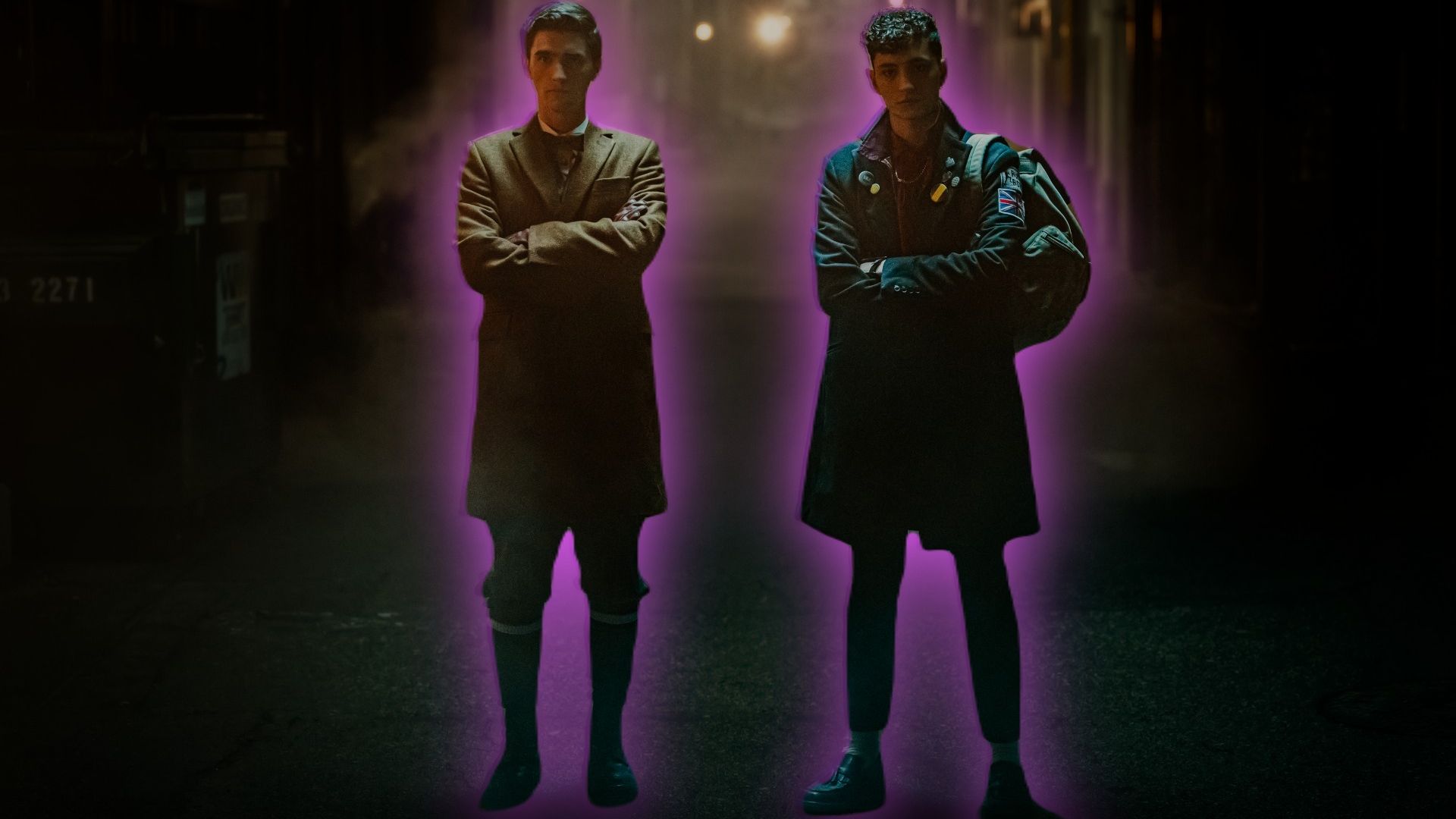
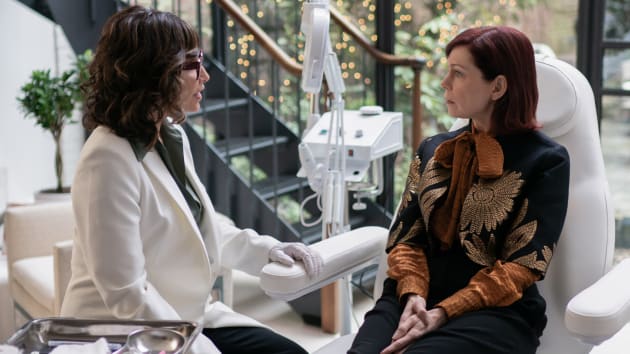

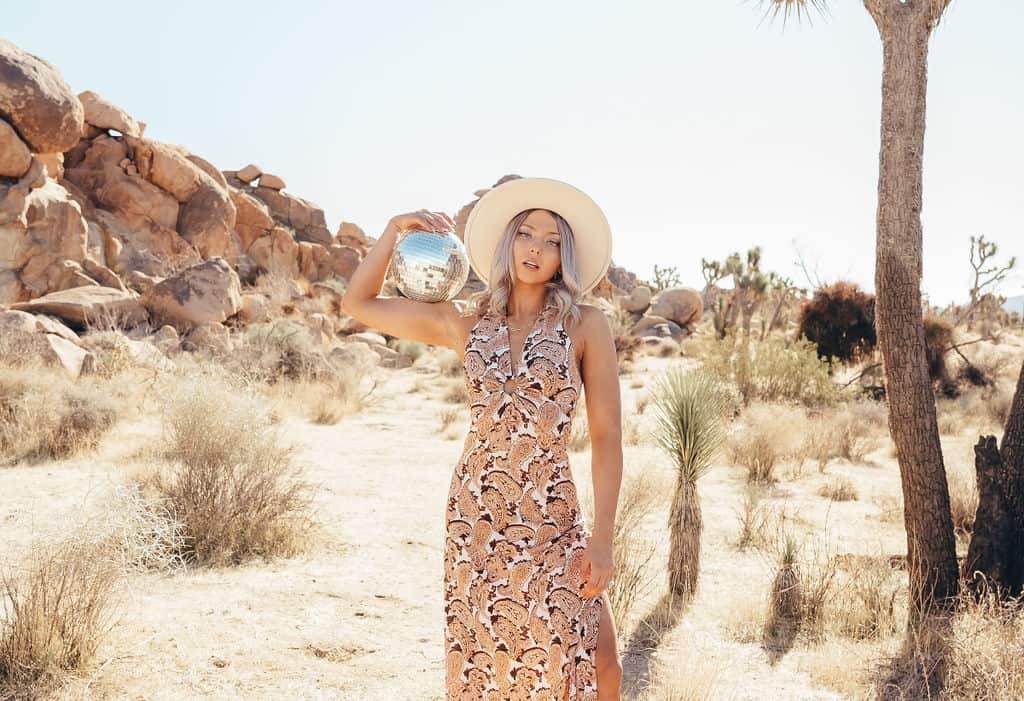
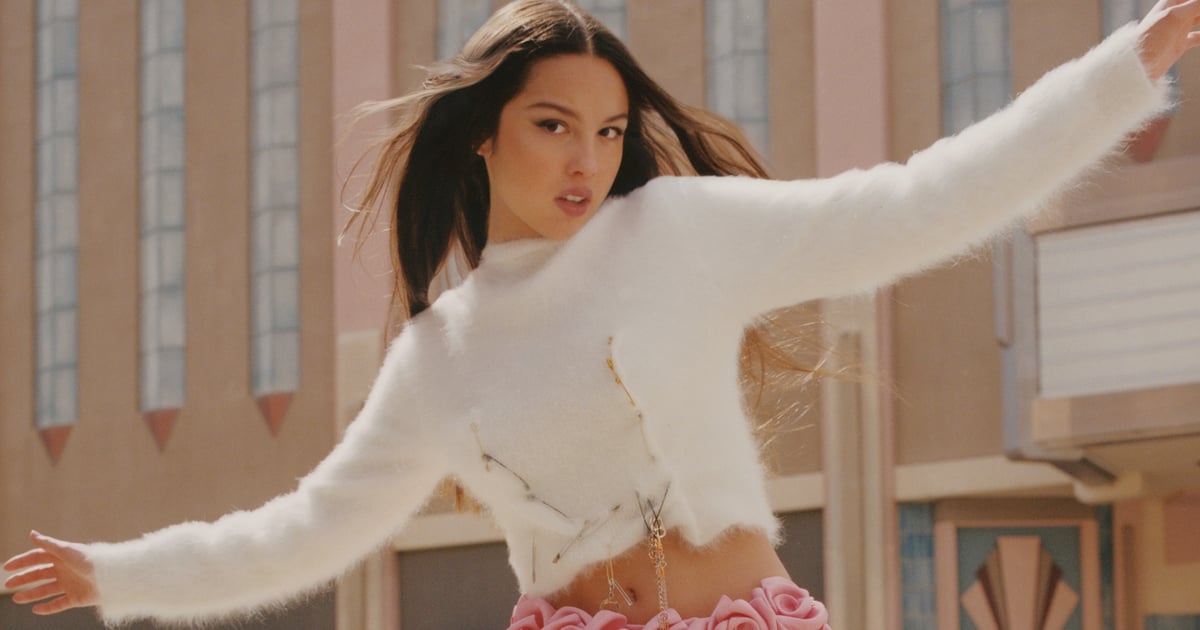
:quality(85):upscale()/2023/07/12/612/n/2589280/395aa93164aeadcac5c6c9.07038045_.jpg)




:quality(85):upscale()/2024/04/24/704/n/1922398/38e84cfb66292b21a38262.25923048_.jpg)

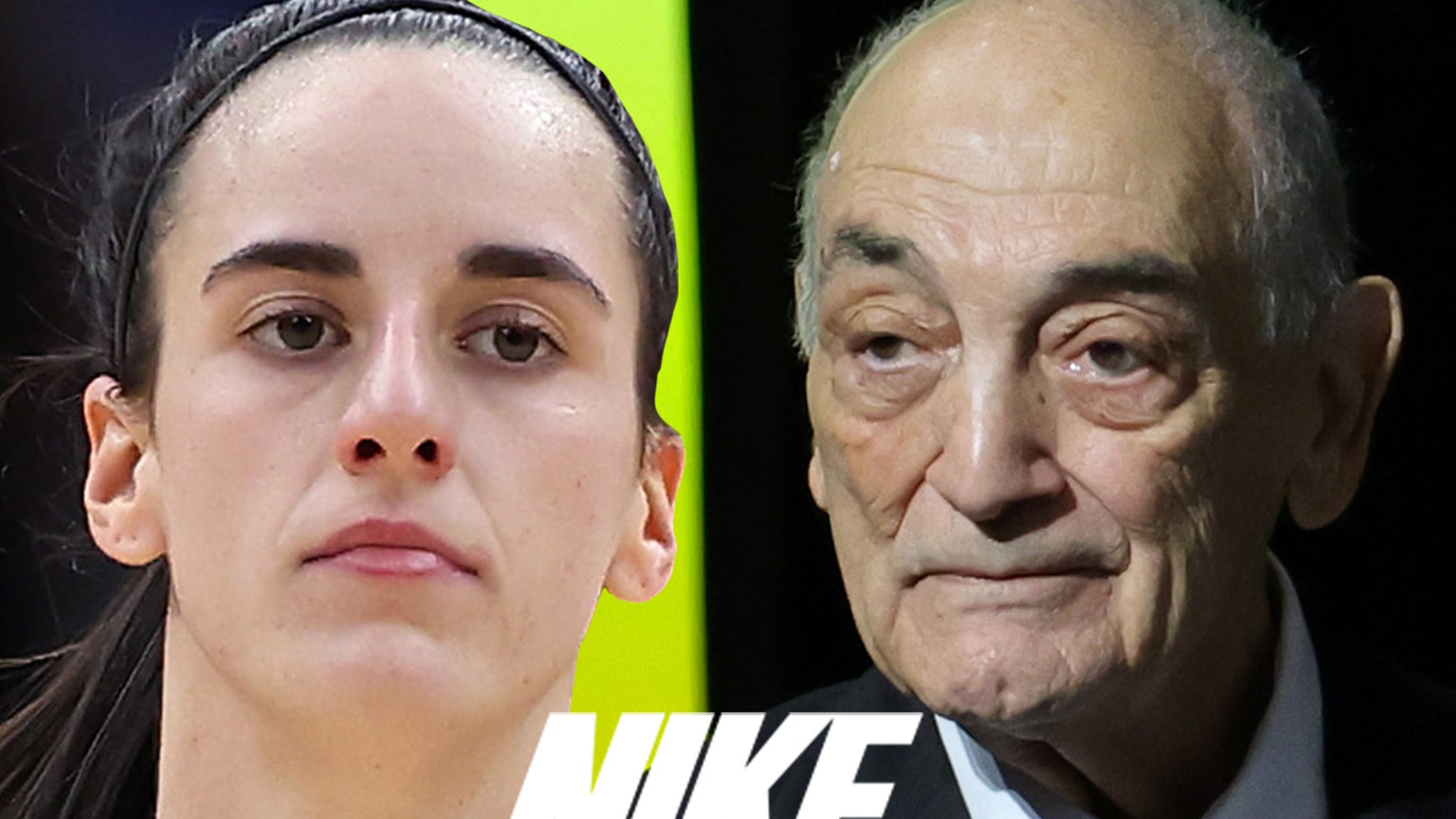
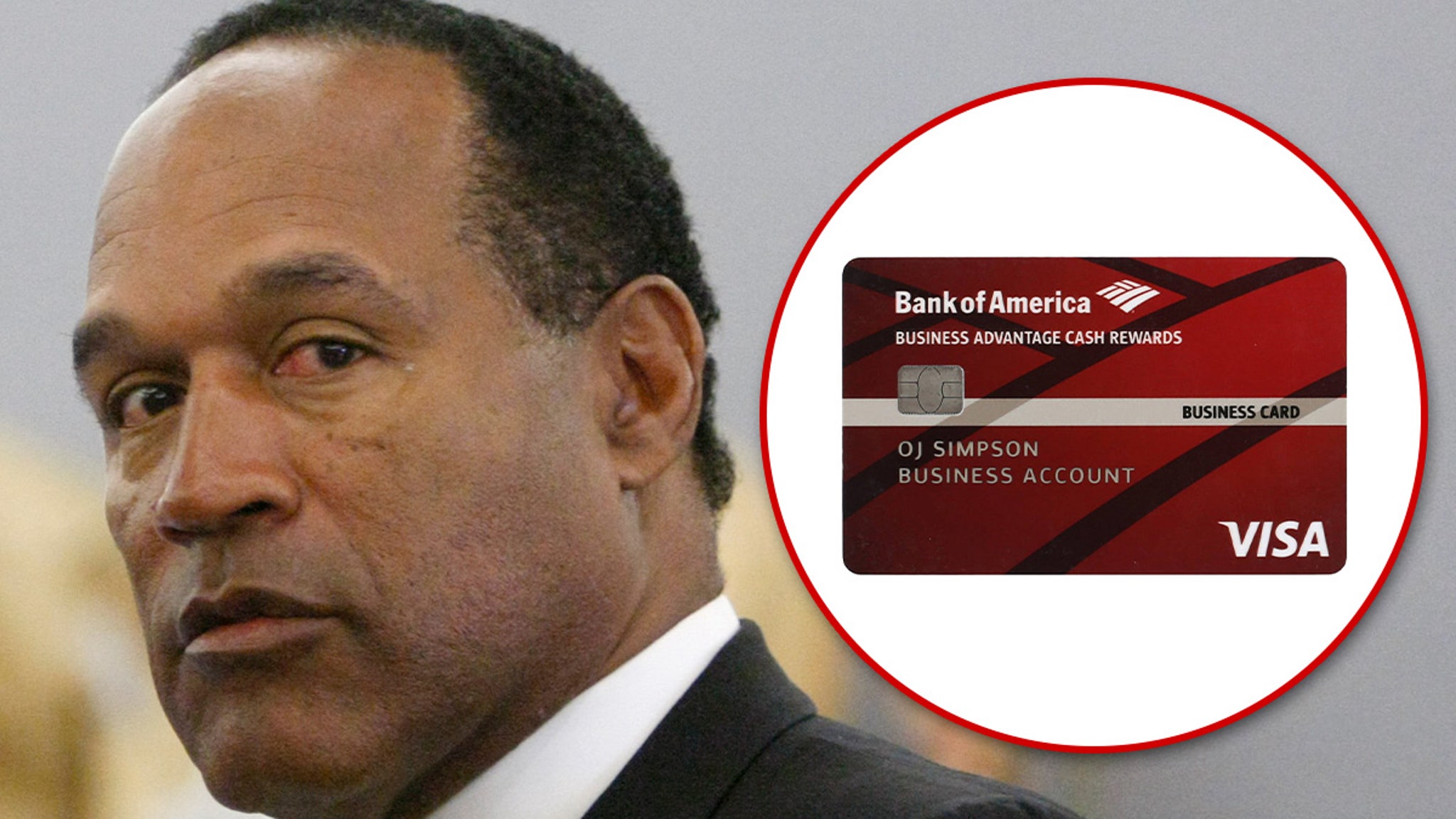
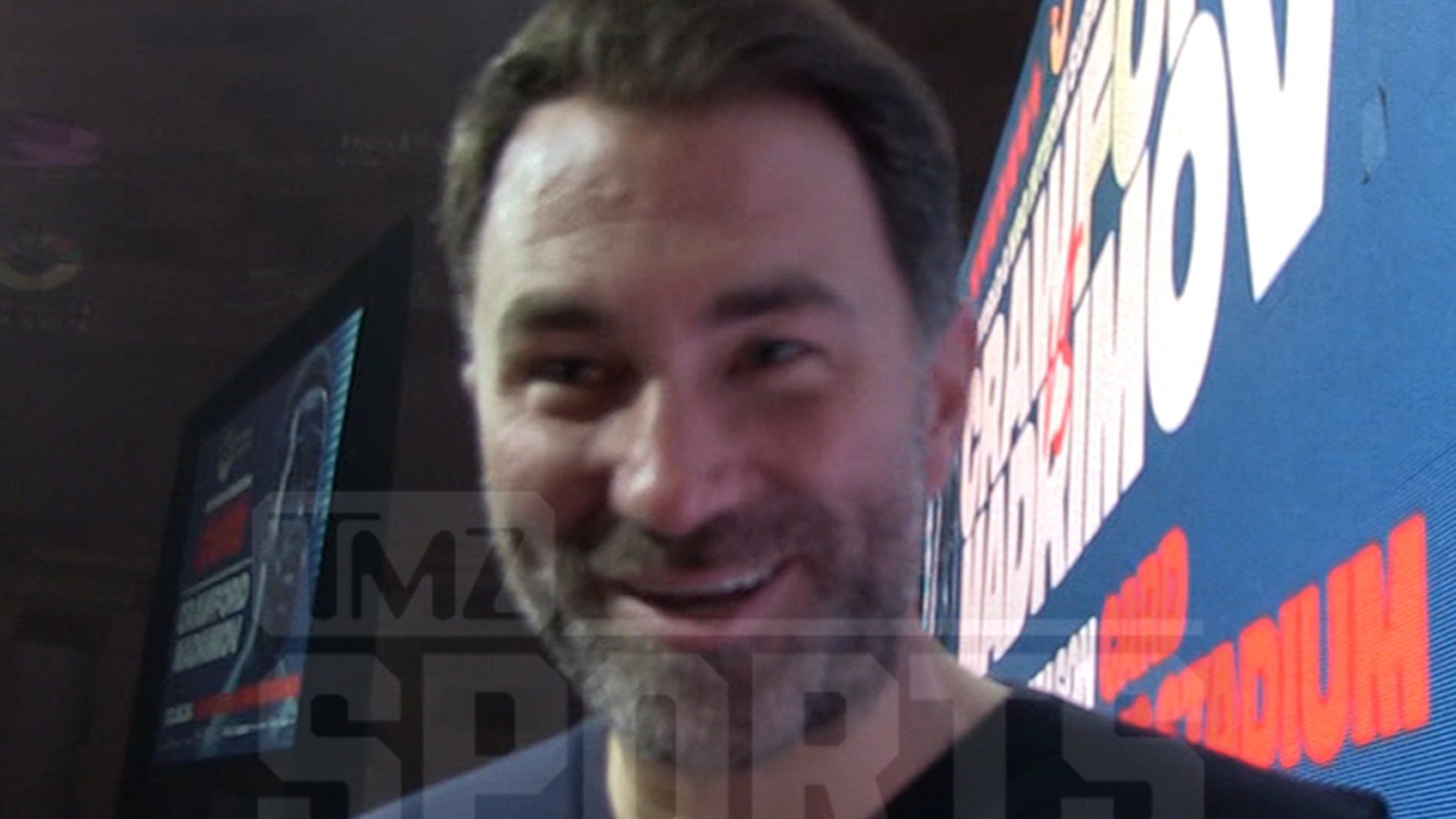
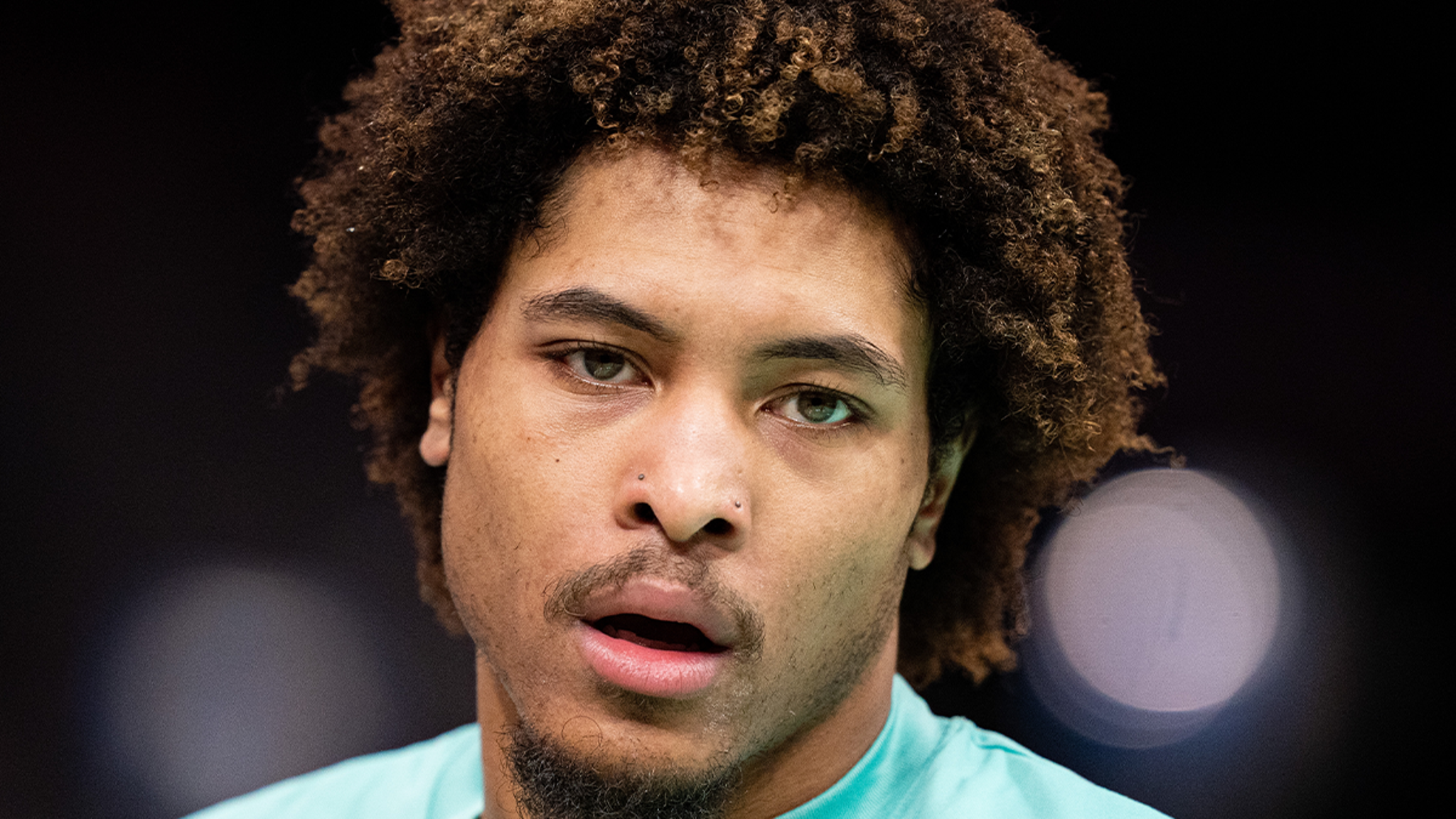
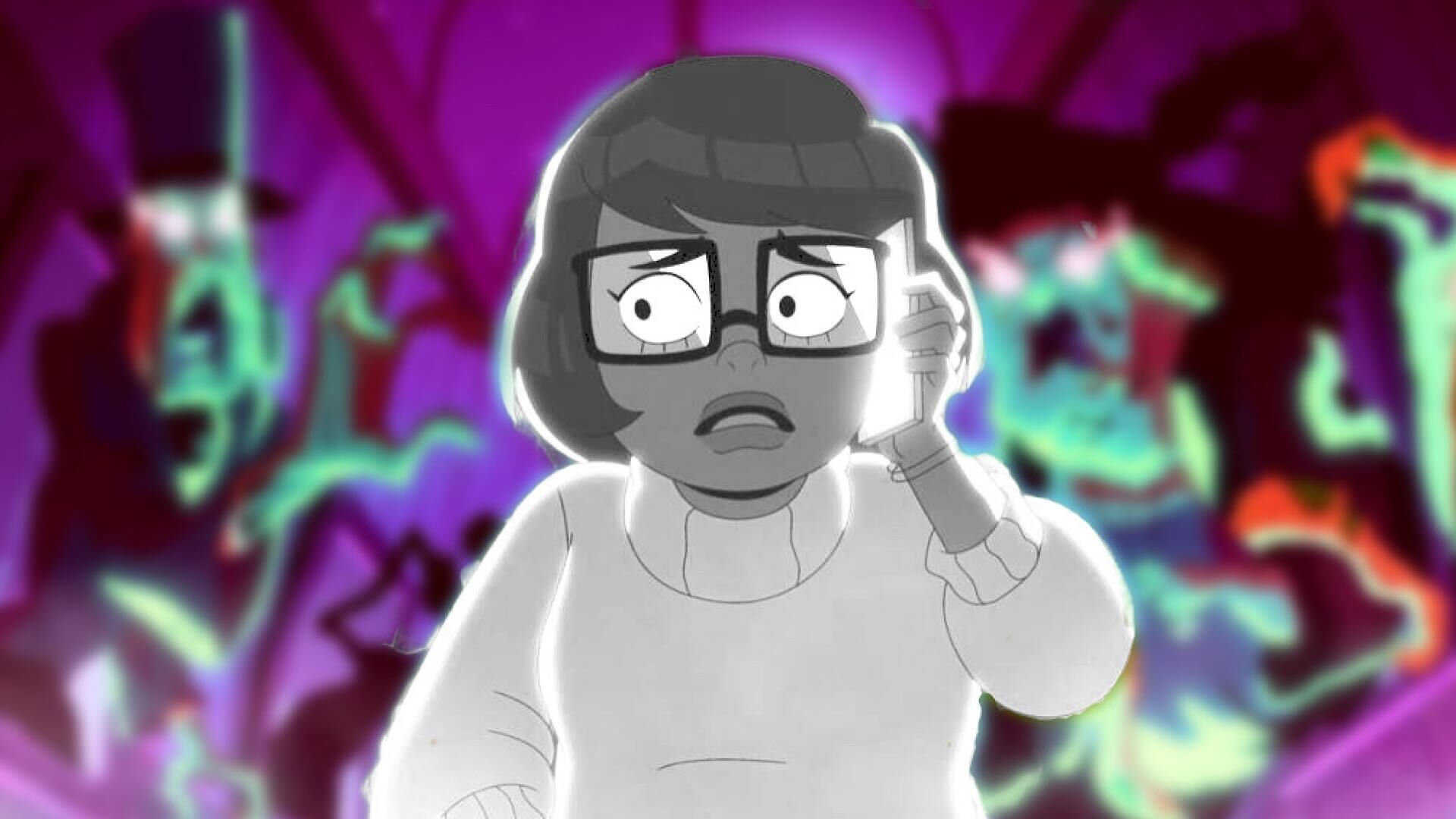
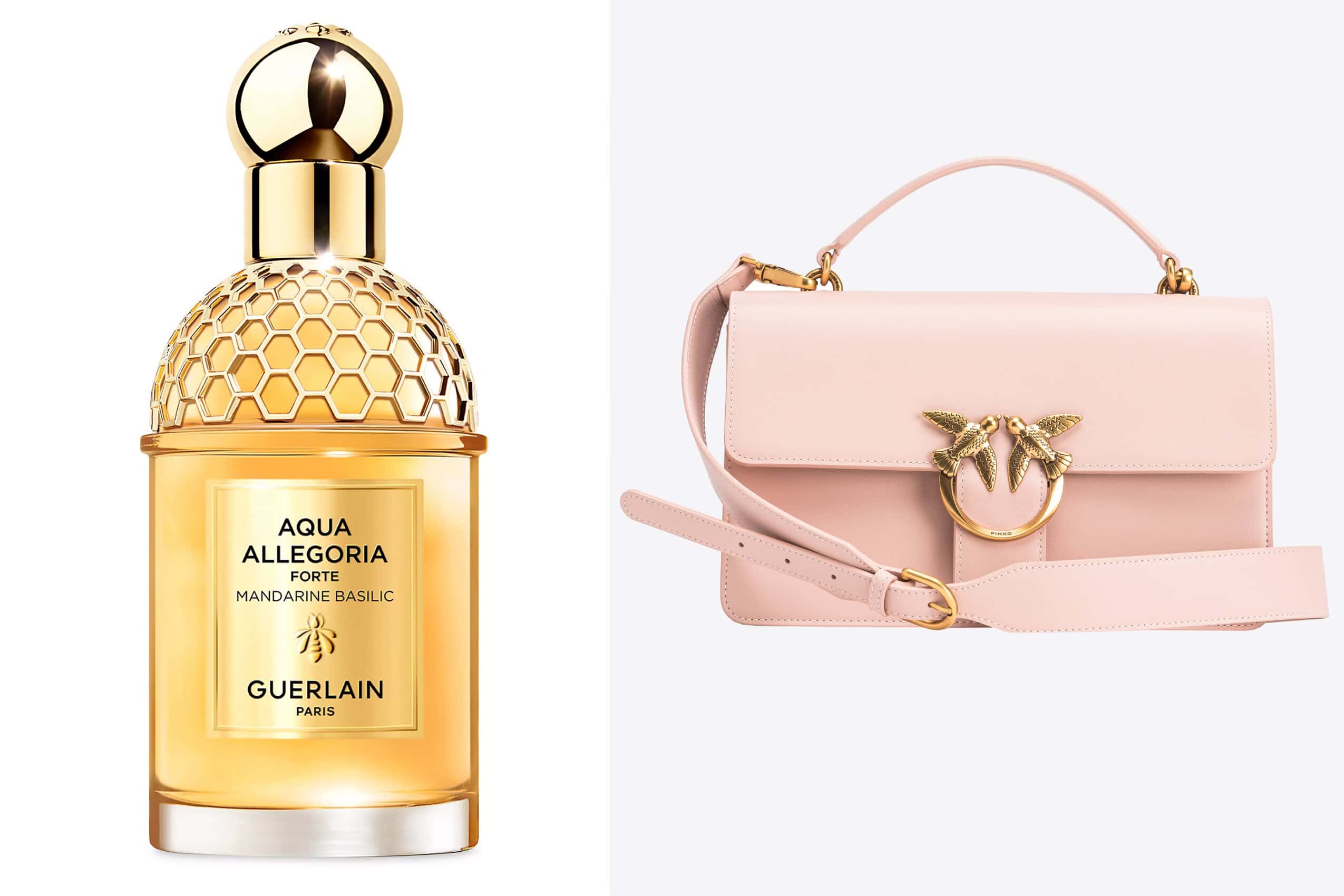
:quality(85):upscale()/2024/04/26/942/n/1922564/922a9e89662c1e7fc894b2.65383312_.jpg)
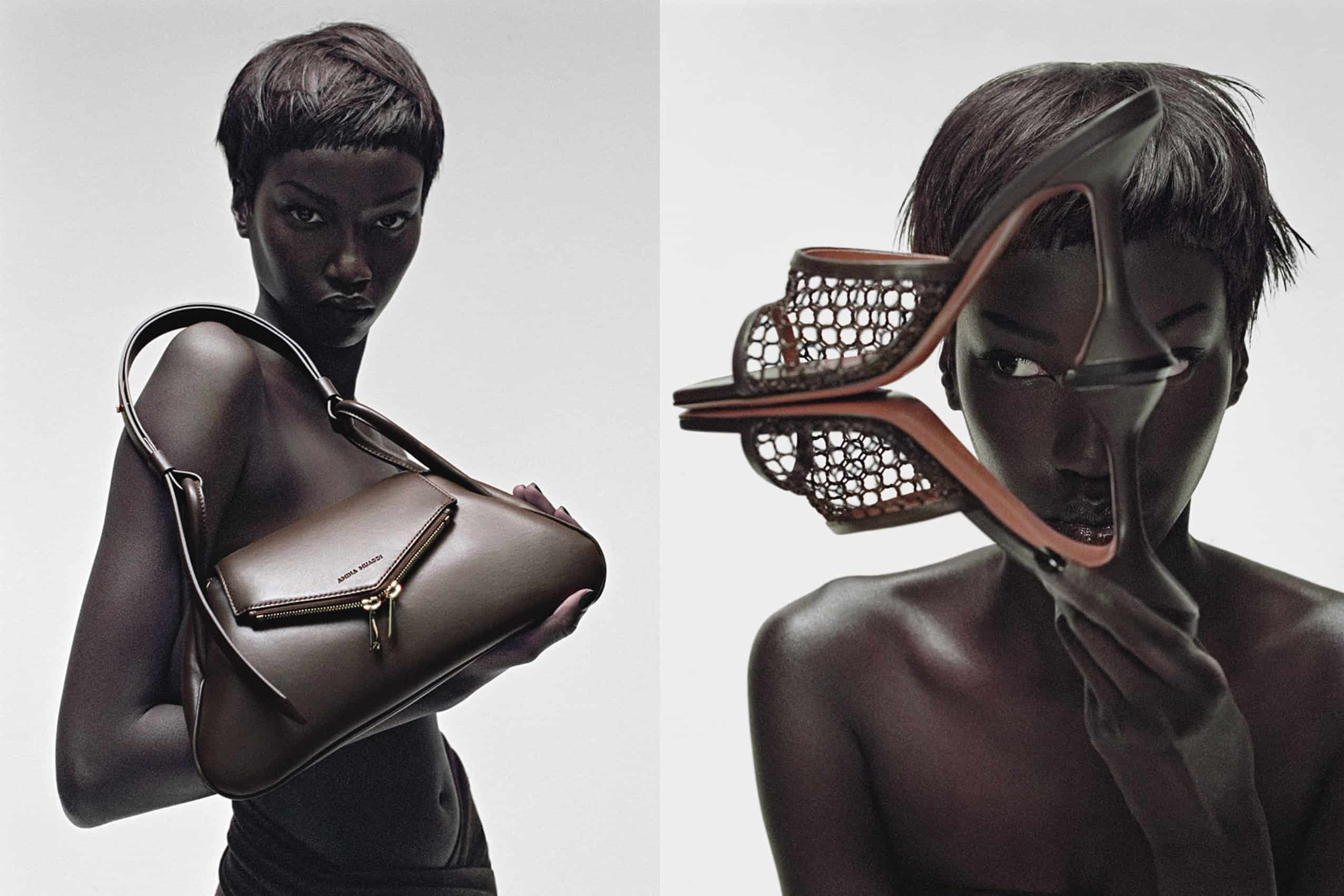
:quality(85):upscale()/2024/04/23/103/n/1922564/4749edea6628605c71c3f6.29683549_.jpg)